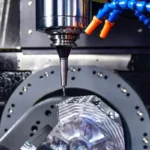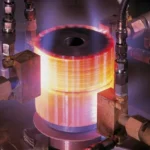Medical Device Prototyping And Manufacturing
Prototyping and rapid manufacturing are essential components of the medical product design and development cycle. These methods allow you to quickly produce prototype and low-volume production parts for lab testing, clinical trials, and eventually, market release, accelerating the entire process from concept to commercialization.
The Critical Role of Prototyping and Quick Production in Medical Device Development
The development of new medical devices is traditionally an expensive and time-consuming process. However, modern strategies in the journey from concept to commercialization are transforming how these devices are brought to market, with a focus on both efficiency and cost reduction.
Rapid prototyping and manufacturing services offer a swift, reliable, and economical means to produce both prototype models that retain crucial functionalities and low-volume production parts for concept validation and market testing of medical devices and health products. This process enables the exploration of new ideas, the gathering of early customer feedback, and the development of solutions that are tailored for specific medical applications. These prototypes can then be tested in laboratory or clinical settings, accelerating their pathway to market entry. Additionally, this phase offers valuable insights into future manufacturing processes, cost estimation, timeline planning, and quality assurance measures.
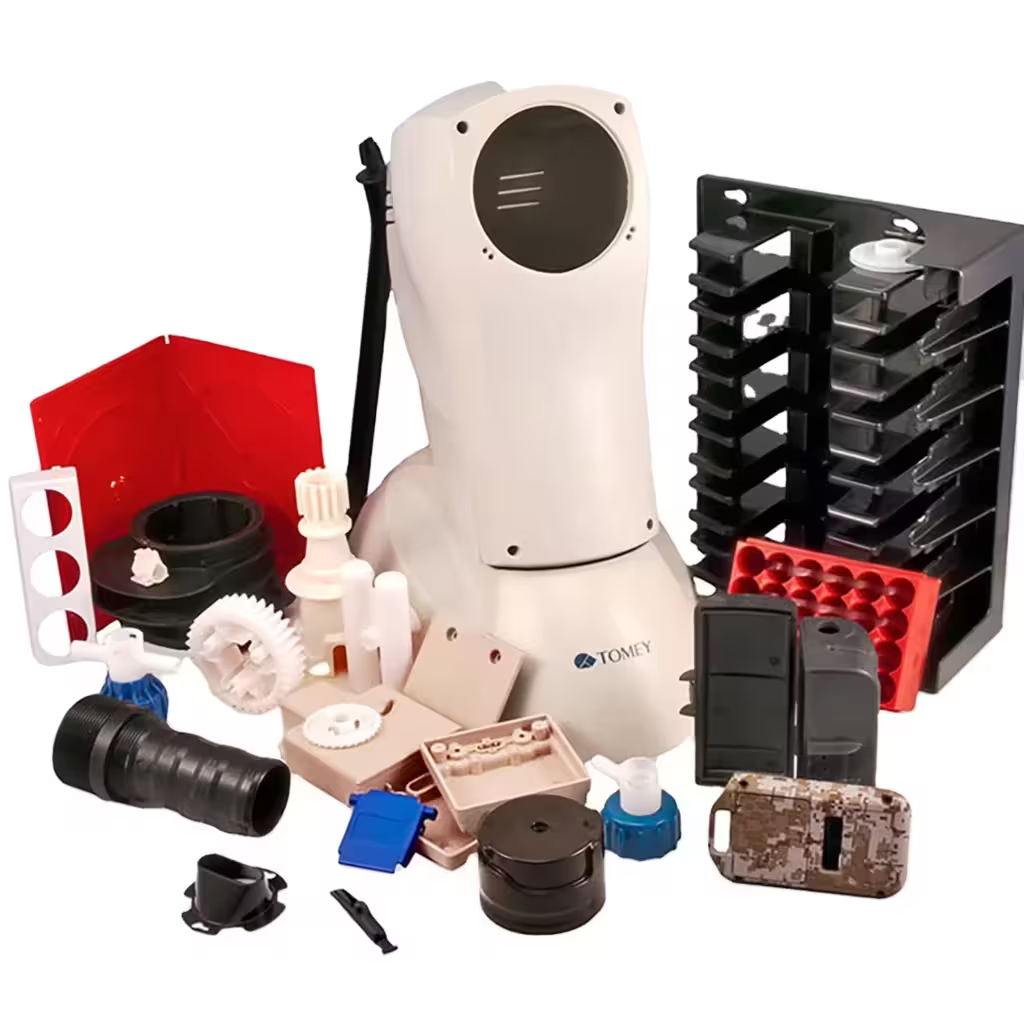
Optimal Strategies Enhanced by Prototyping and Manufacturing in Medical Device Development
Proof of Concept:
Develop concepts for aerospace products into a feasible scope, focusing on defining essential details and fully understanding the design intent through proof-of-concept prototypes.
Visual Presentation:
Visual presentation models enable designers to demonstrate the appearance and aesthetics of their designs to colleagues, clients, and stakeholders, thereby encouraging clear and actionable feedback.
Functional Prototyping:
Functional prototyping in aerospace development, also known as Beta prototyping, allows for testing the form, fit, and function of components. This process aids in refining design iterations and enhancing product performance. It enables the identification and correction of issues early in the development cycle, significantly reducing business risk before finalizing the product.
Engineering Validation:
Developing engineering prototypes that closely resemble the final aerospace product simplifies the process of verifying design, engineering, and manufacturability. This step is crucial before committing significant resources to costly tooling and production processes.
Pilot Production:
Rapid manufacturing and custom low-volume production of aerospace components serve as an effective bridge from prototype to full-scale production. This approach accelerates market entry and maintains cost-efficiency, facilitating a smoother transition to commercial availability.
Committed to Medical Device Development and Manufacturing
AS provides a comprehensive suite of rapid prototyping and manufacturing services tailored for the medical industry. Covering everything from surgical instruments to extensive treatment systems, our engineering strategies assist in advancing from initial concepts to practical implementation plans.
Medical Device Prototyping and On-Demand Manufacturing of Medical Parts by AS Prototypes
With extensive expertise, AS Prototypes excels in medical device prototyping and medical parts machining, serving numerous medical device manufacturers globally. We support you at every stage—from initial prototyping, through testing and iterations, to product demonstrations, and even into short or low-volume production runs.
Our prototyping and manufacturing capabilities are comprehensive, featuring an in-house CNC machining and finishing shop, 3D printing, urethane casting, and rapid injection molding to meet all your medical device development requirements.
CNC Machining for Medical Devices
CNC machining is a pivotal technology in the medical device industry, enabling the precise and efficient production of complex components necessary for various medical applications. At AS Prototypes, we specialize in CNC machining, utilizing top-grade materials like titanium and stainless steel to meet stringent specifications with high tolerances. This capability ensures that our machined parts, including surgical instruments and device enclosures
Typical applications: Control Panel, Spindle, Cutting Tools, Table, Axis Motors, Tool Changer, Coolant System, Frame and Body, Sensors and Feedback Systems, Power Supply.
Typical materials: Titanium, Stainless Steel, Aluminum, Cobalt Chrome, PEEK, Polycarbonate, Acrylic, and Ultem.

3D Printing for Medical Devices
3D printing is revolutionizing the medical device industry at AS Prototypes by enabling the rapid production of complex, customized components such as patient-specific implants, prosthetics, and precisely tailored surgical tools. We specialize in utilizing medically compliant materials to ensure each product not only meets precise specifications but also adheres to the strictest sterility standards required in medical applications.
Typical applications: Prosthetics, Implants, Surgical Guides, and Anatomical Models.
Typical materials: Titanium, Stainless Steel, PEEK, PLA, ABS, and Medical-grade Resins.
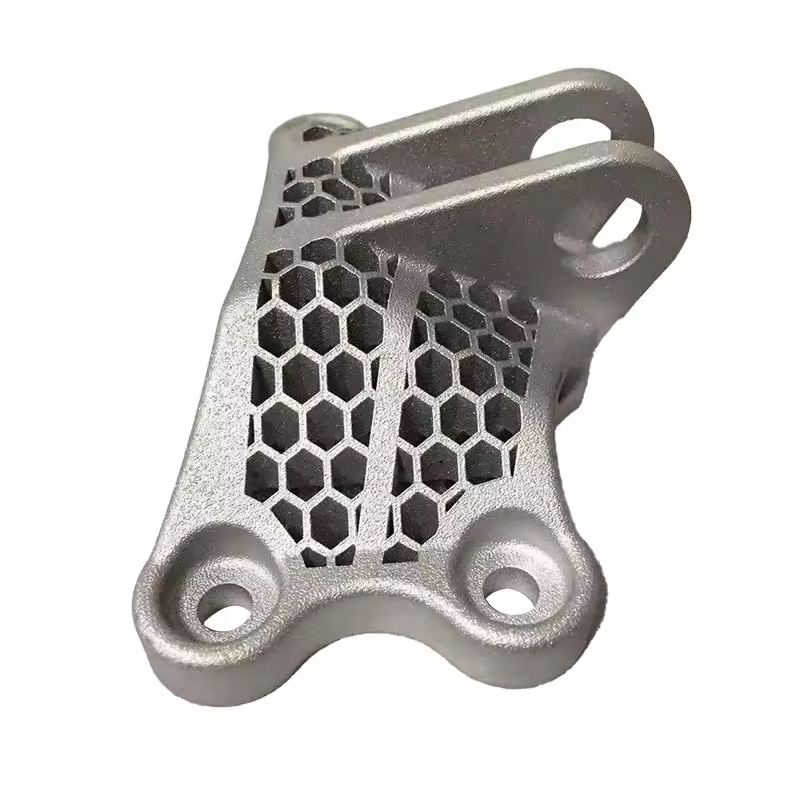
Get in Touch to Develop Your Custom Medical Device Prototypes and Parts
We specialize in providing solutions for medical device development, emphasizing manufacturability and cost-efficiency from concept through to production.
Vacuum Casting for Medical Devices
Polyurethane casting offers numerous advantages and applications, making it an attractive option for the medical industry, especially for low-volume production of medical device housings. This technique is ideal for initial product launches before committing to injection molding and tooling, allowing for market research and gathering customer feedback. It also facilitates the early delivery of medical devices. In markets characterized by rapid innovation and short product lifecycles, silicone molding used to cast urethane enables manufacturers to quickly iterate and enhance their designs without the need to recover the costs associated with hard tooling.
Typical applications: Housings, Enclosures, Medical Models, Flexible Components, and Simulated Organs.
Typical materials: TPU, Urethane, Polyurethane, Epoxy Resins, and ABS-like Resins.
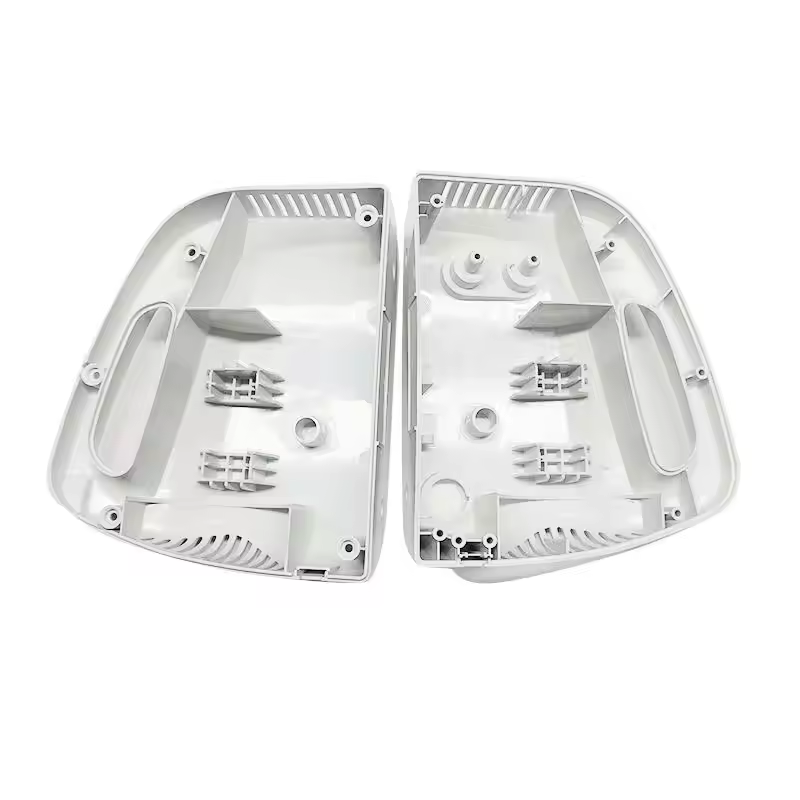
Rapid Injection Molding for Medical Devices
Rapid injection molding is an optimal solution for medical device manufacturers requiring low-volume molded parts. It effectively supports manufacturability analysis, engineering tests, clinical evaluations, investor demonstrations, and readiness for production in the advanced phases of medical and health product development. Additionally, it serves as an intermediary between prototyping and full-scale production, allowing for the early detection and resolution of issues before transitioning to manufacturing.
Typical applications: Syringe Barrels, Surgical Clips, Drug Delivery Systems, Medical Housings, and Diagnostic Test Kits.
Typical materials: Polypropylene, Polycarbonate, Polyethylene, ABS, and PEEK.
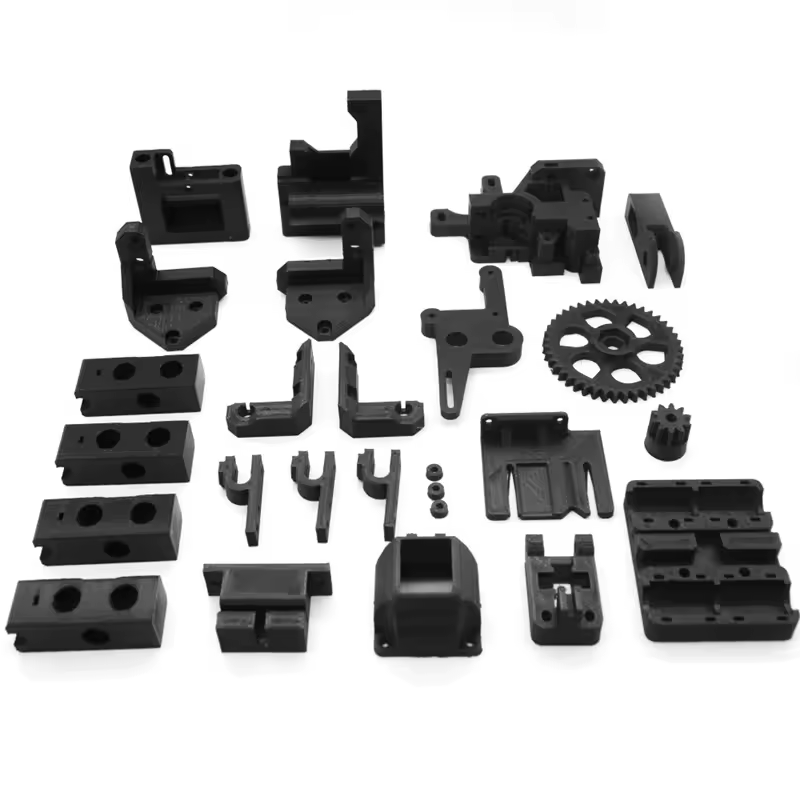
Sheet Metal for Medical Devices
Sheet metal fabrication is an essential technique in the production of medical devices, emphasizing precision and adaptability. This process involves cutting, bending, and assembling metal to create components for devices ranging from surgical instruments to enclosures for medical machinery. The ability to meet exact specifications and maintain high tolerances makes sheet metal ideal for complex medical applications. Additionally, materials like stainless steel used in this process can be easily sanitized and are corrosion-resistant, supporting the stringent hygiene standards required in medical settings.
Typical applications: Chassis, Enclosures, Brackets, Surgical Instrument Trays, and Medical Cart Components.
Typical materials: Stainless Steel, Aluminum, and Copper.
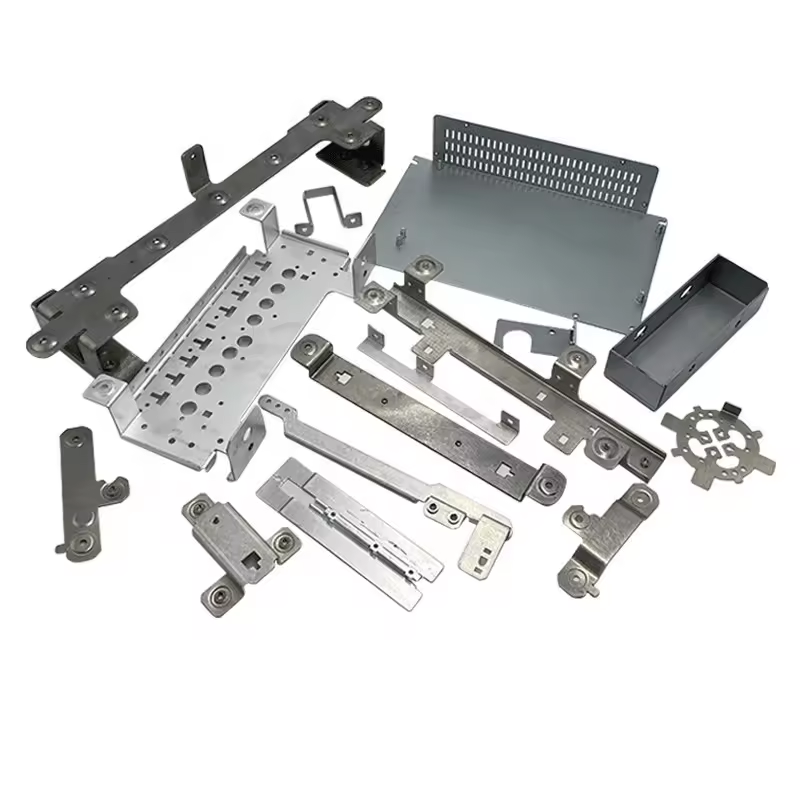
We at AS Prototypes are committed to partnering with you to ensure the success of your entire program. Whether you require prototypes, custom devices, or mass-produced components, we provide reliable and consistent results, always on schedule.

